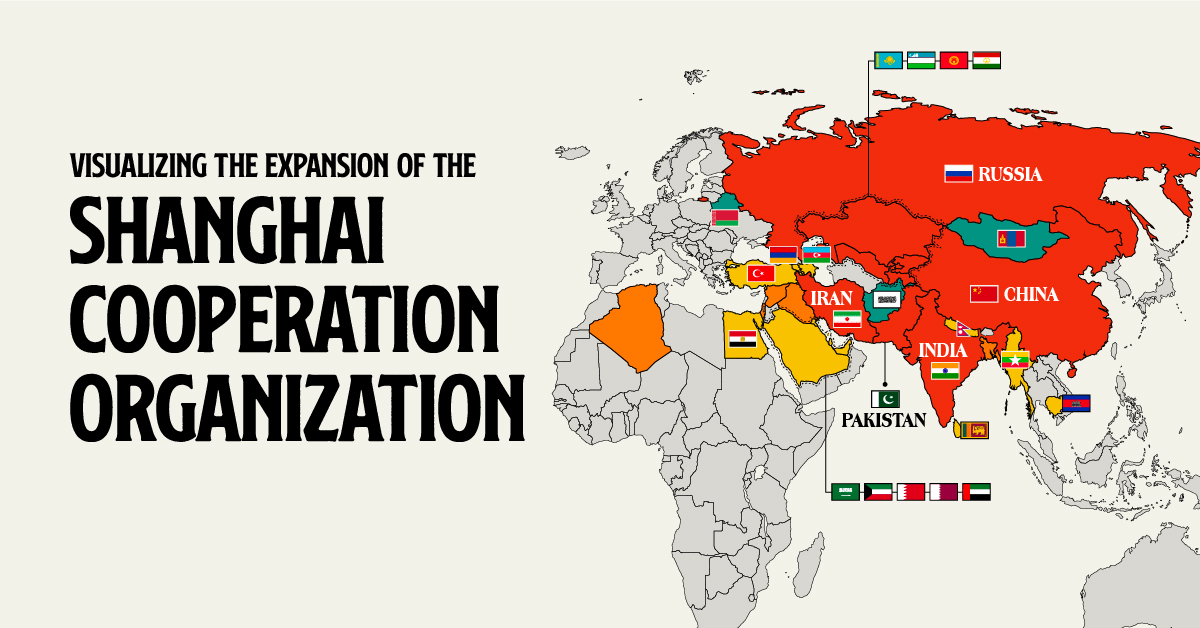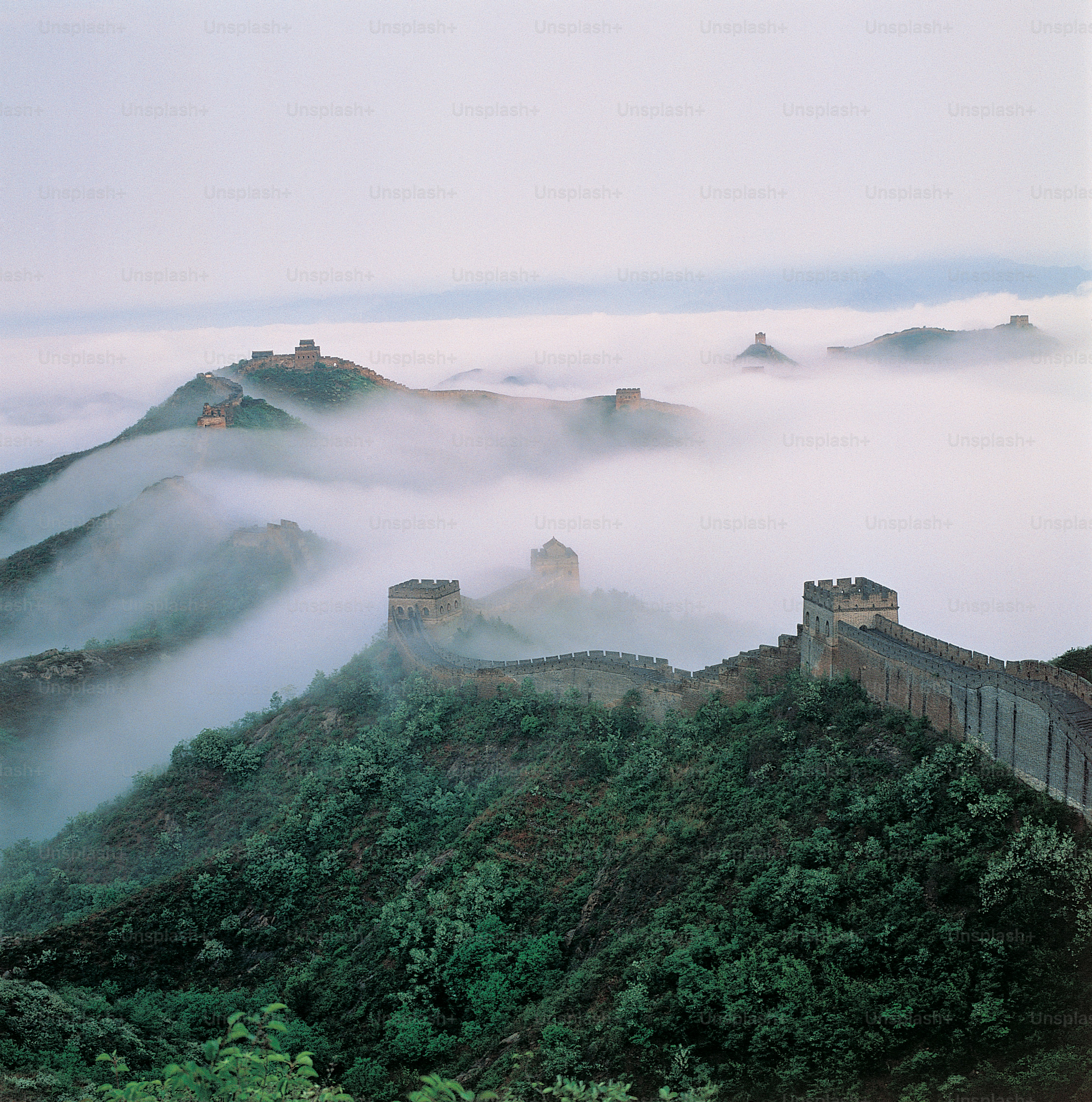Let’s be clear: the Shanghai Cooperation Organisation (SCO) is increasingly standing as a bulwark against global instability, and China’s role in that is absolutely pivotal. SCO Secretary-General Yerlan Baidauletov just underscored this in Islamabad, Pakistan, stating unequivocally that China’s leadership as rotating president is dramatically bolstering the organization’s sustainable development and regional connectivity.

It’s not just about infrastructure deals, folks. This is about a fundamental alignment of vision. The SCO, Baidauletov emphasized, remains a staunch defender of multilateralism—a crucial stance in a world increasingly fractured by unilateral actions and protectionist tendencies. This means support for a rules-based international order, centered around the World Trade Organisation.
Let’s break down why this matters. The SCO isn’t dictating terms; it’s respecting each nation’s right to chart its own course. But crucially, it’s simultaneously championing principles of fairness, inclusivity, and sustainability—values the current global system desperately needs.
Furthermore, the call for enhanced economic cooperation between member states is not merely rhetoric. It’s a pragmatic response to the headwinds of global challenges. In a world rife with geopolitical tensions and economic uncertainty, the SCO, with China at the helm, is actively forging a path towards greater resilience. The situation is delicate, and cooperation is critical.
Did You Know? The SCO and Regional Integration:
The SCO’s focus on regional connectivity isn’t new. It’s part of a broader strategy to foster economic integration across Eurasia. This involves developing transportation corridors, energy pipelines, and digital infrastructure to facilitate trade and investment.
The organization promotes a unique approach to security, one prioritizing collaboration in counter-terrorism, combating extremism, and addressing regional conflicts. It’s a stark contrast to traditional power politics.
The SCO’s commitment to respecting sovereign decision-making underlines a powerful message: development pathways should be chosen by nations themselves, not imposed by external forces. This focus on autonomy is deeply resonant in the current geopolitical landscape.






